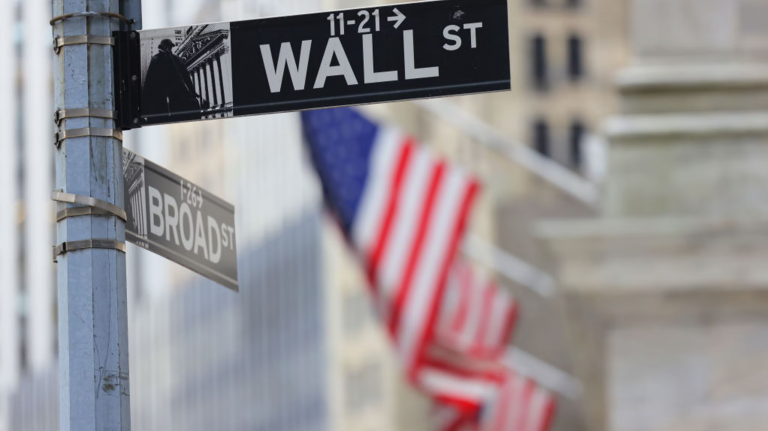Investors have the possibility of withdrawing their invested wealth from companies that are complicit in ethically questionable behavior or standards and directing it towards others that do not present such conflicts.
The relationship between law and morality is a thorny issue. It is difficult for there to be social consensus in the moral sphere. This, which does not detract one iota of truth from moral principles, does create an awkward situation when public authorities try to legislate on issues that fully touch on moral aspects of the individual. The issue is quite simple: if society as a whole affirms the goodness of the same values, then there is no problem in making laws from which those values are generously derived. However, when each individual, or each group of people, takes a different view on what is good and what is bad, then that is different.
When asked about which scenario is predominant in the current era, we might almost impulsively answer that it is the latter. Our society is profoundly relativistic. However, if we look a little more closely, we perceive that we are in fact slowly moving towards a single-minded mentality based on relative values. The Equality Act in the United States or the Euthanasia Act in Spain are a reflection of how this compilation of ideas is making its way not only into our legislation but also into our lives.
The question that arises in the face of all this is: how can the adoption of such rules affect an investor? Or more specifically, how does this affect an investor who wants to invest in a way that is consistent with his or her faith? If everything were to remain in the regulatory sphere, the believing investor would be called upon to act solely from his or her position as a citizen, since it is clear that many of the values espoused by the prevailing ideology are opposed to the teachings of the Christian tradition. However, the problem is also shifting to an area that directly influences the field of finance and the investor: more and more companies around the world are taking the decision to use their profits to publicly support the ideology behind such regulations.
A first example of this movement can be found in the campaign in support of the Equality Act promoted by the Human Rights Campaign. Companies as big as Apple, Domino’s Pizza or Levi Strauss publicly support this campaign. The Equality Act proposes to amend the US Civil Rights Act from top to bottom, imposing an ideology on which there are significant ethical doubts and on which there has been no prior and thorough reflection. Moreover, its approval would legitimise discrimination and social (and now judicial) condemnation of those who would choose to object to conscientious objection because they do not want to agree with a totalitarianism based on gender theories. This would mean, for example, that hospitals could be sued for objecting to performing a sex change operation.
Another example is the initiative under the name Don’t Ban Equality. In response to a law passed in mid-September 2021 in the State of Texas (USA), which prohibits abortion from the moment a child’s heartbeat occurs, a letter of protest has been circulated in the offices of the chief executives of a multitude of companies. Many of them, such as the CEOs of Netflix or Bloomberg, have added their signatures publicly opposing this law and publicly positioning themselves in favour of an issue (abortion) that is of tremendous importance to the conscience of many.
In the face of all this, we might ask what companies gain from these puzzling public positioning initiatives. In this case, however, it is more interesting and useful to ask: what can the investor who seeks to act consistently do about it?
On the one hand, the investor could do nothing. The investor could stand idly by while companies espouse, sometimes with little awareness of what they are doing, causes that contribute to blurring truths that have always been considered the necessary pillars of a fulfilled life. But there is also an alternative to inaction. Investors have the possibility of withdrawing their invested wealth from companies that are complicit in ethically questionable behavior or standards and directing it towards others that do not present such conflicts. The Church’s magisterium has spoken on various occasions of the power that consumers have to direct the development of society towards the true Good of man through the acquisition of goods whose production processes respect moral principles. [1]This same logic could be extrapolated to the world of investment, directing savings towards those companies “that operate with clear criteria, inspired by an ethic that respects the whole man and all men and a horizon of social responsibility”.[2] In this way, the investor or consumer, with his or her coherence, would be promoting what is good for human beings. Moreover, it could be a stimulus for companies to question why they support these controversial causes. And it would undoubtedly be climbing the first rung of the ladder for the transformation of the financial world.
[1] Benedict XVI, 2009. Caritas in Veritate. p.69. Available at: https://www.vatican.va/content/benedict-xvi/es/encyclicals/documents/hf_ben-xvi_enc_20090629_caritas-in-veritate.html
[2] Congregation for the Doctrine of the Faith, 2018. Oeconomicae et pecuniariae quaestiones. Available at: https://press.vatican.va/content/salastampa/es/bollettino/pubblico/2018/05/17/cons.html




